10 Essential Tips for Choosing the Best Home Air Conditioning Systems in 2023
In the rapidly evolving world of home air conditioning systems, making the right choice can significantly impact both comfort and energy efficiency. As industry expert Dr. Jane Thornton, a leading HVAC engineer, states, "Selecting the perfect air conditioning system is not just about cooling your home; it's about creating a comfortable and sustainable living environment." With numerous options available in 2023, homeowners are faced with the challenge of understanding which systems best meet their needs while also being mindful of energy consumption and environmental footprints.
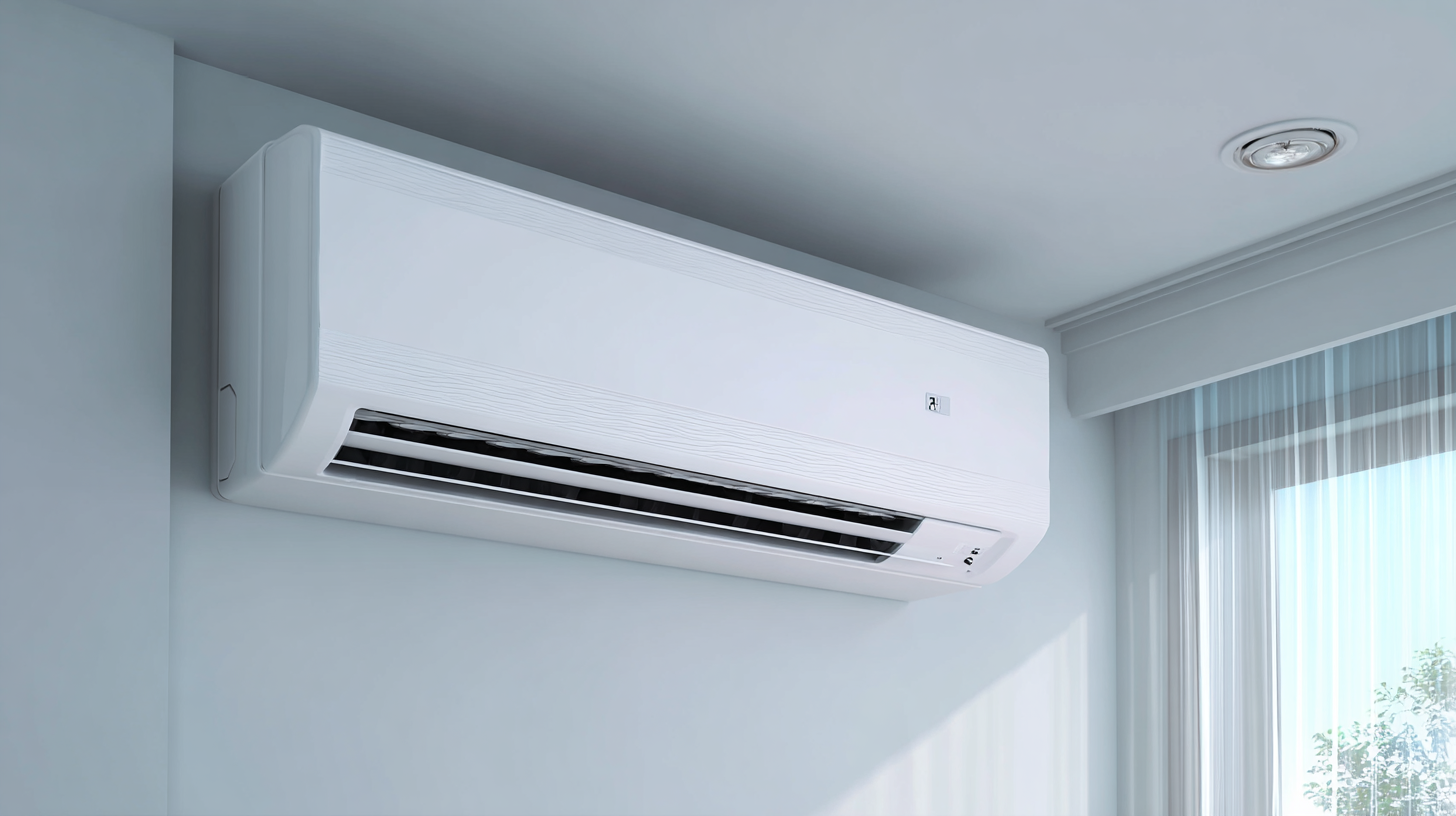
Amidst the diverse landscape of home air conditioning systems, it is essential to consider factors such as system type, energy efficiency ratings, and installation requirements. As technology progresses, innovations like smart thermostats and eco-friendly refrigerants are becoming increasingly relevant. Choosing a system that aligns with your lifestyle and environmental goals requires careful research and expert advice. By employing the right strategies and knowledge, homeowners can make informed decisions that not only enhance their comfort but also contribute to the broader goal of energy conservation for future generations.
Understanding Different Types of Home Air Conditioning Systems Available in 2023
When selecting an air conditioning system for your home in 2023, it's crucial to understand the different types available to make an informed decision. Central air conditioning systems, which use ductwork to distribute cooled air throughout your home, are ideal for larger spaces and offer centralized control. These units can efficiently cool multiple rooms but may require a higher initial investment and regular maintenance to ensure optimal performance.
On the other hand, ductless mini-split systems have gained popularity due to their versatility and energy efficiency. These systems consist of an outdoor compressor and indoor units that can be mounted on walls or ceilings, allowing for customized cooling in individual rooms. This makes them a great choice for homes without existing ductwork or for those looking to supplement their current HVAC systems.
Lastly, window and portable air conditioners provide budget-friendly options for smaller spaces or temporary cooling needs, making them suitable for renters or seasonal use. Understanding these options will help you choose the best air conditioning solution for your home this year.
Key Factors to Consider When Choosing the Right Air Conditioning Unit for Your Home
When selecting the best air conditioning system for your home, it’s essential to consider several key factors that can significantly impact your comfort and energy efficiency. One primary aspect is the system's capacity, measured in BTUs (British Thermal Units). Choosing the right size ensures optimal cooling without excessive energy consumption, which is particularly important as the global air conditioning market is projected to grow from $137.37 billion in 2025 to $211.9 billion by 2032, reflecting a compound annual growth rate (CAGR) of 6.39%. An oversized unit may cool your home too quickly, leading to increased humidity, while an undersized one will struggle to keep your space comfortable.
Another significant factor is the efficiency rating of the air conditioning unit, commonly indicated by the SEER (Seasonal Energy Efficiency Ratio). Higher SEER ratings indicate better energy efficiency, directly reducing your electricity bills over time. With the portable air conditioning market also growing, projected to rise from approximately $63.316 billion in 2025 to $109.605 billion by 2033 at a CAGR of 7.1%, many consumers are exploring energy-efficient options in both permanent and portable units. Evaluating these factors will help you make an informed decision tailored to your specific needs and budget.
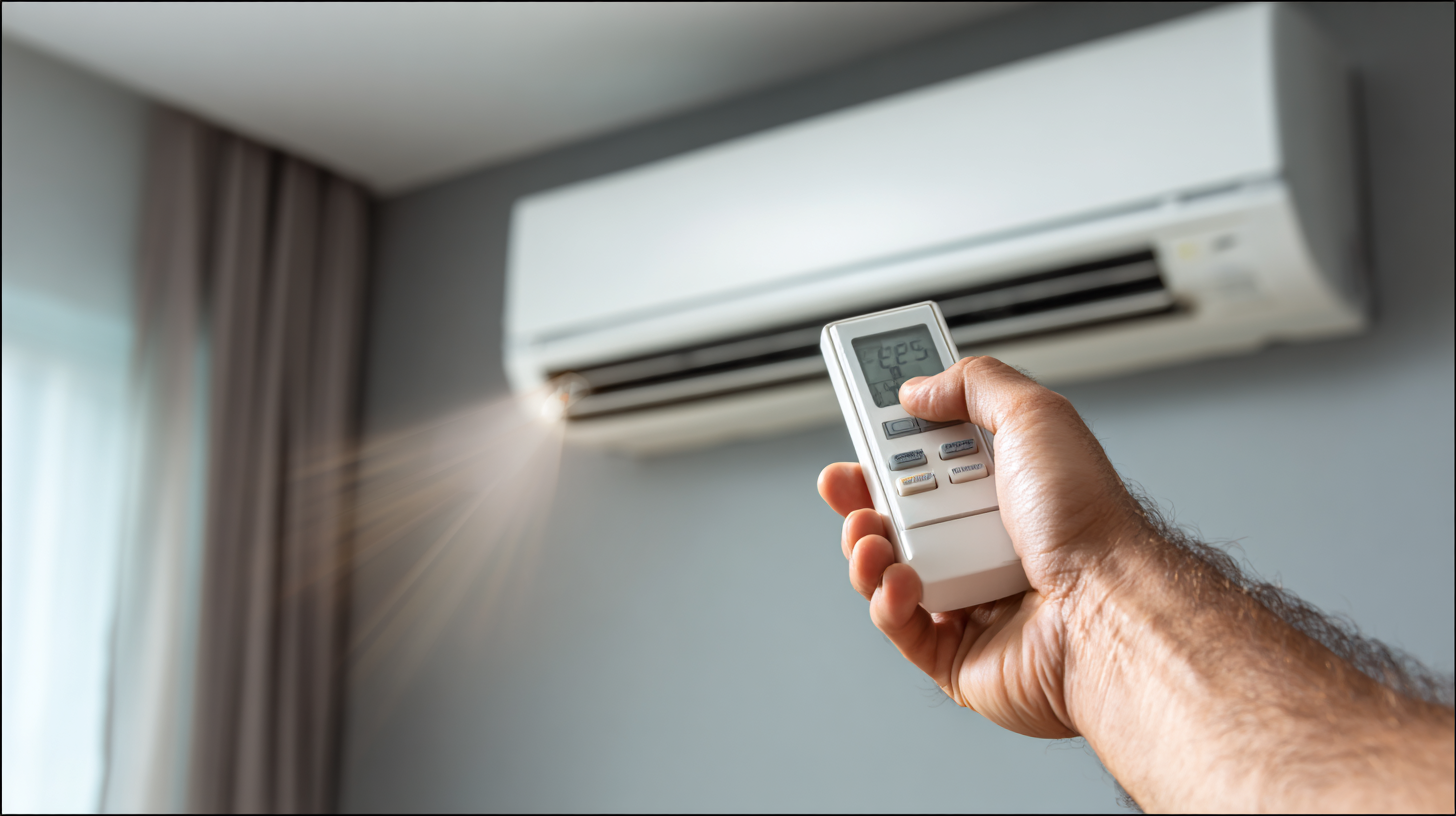
Energy Efficiency Ratings: How to Select an Eco-Friendly Air Conditioning System
When selecting an air conditioning system, energy efficiency ratings are a crucial aspect to consider. Systems with higher Seasonal Energy Efficiency Ratios (SEER) offer better energy savings over time, helping you reduce your utility bills and environmental impact. Look for units that have ENERGY STAR certification, as they meet strict efficiency guidelines set by the U.S. Environmental Protection Agency. This not only ensures lower energy consumption but also contributes to a more eco-friendly home.
Tip one: Assess your home’s size and layout before choosing a unit. Too often, homeowners select systems based on features rather than their specific cooling needs. Another vital tip is to consider variable-speed models, which can adjust their cooling output based on current demand, leading to increased energy savings and quieter operation. Lastly, don’t overlook regular maintenance; a well-maintained unit will operate more efficiently and have a longer lifespan, which is essential for eco-friendly systems. By prioritizing these tips, you can select an air conditioning system that not only cools your home effectively but also supports a sustainable lifestyle.
Budgeting for Your Air Conditioning Purchase: Cost vs. Benefits in 2023
When budgeting for your home air conditioning purchase in 2023, it’s crucial to weigh the costs against the potential benefits. With energy costs continually rising, investing in an efficient air conditioning system can lead to significant long-term savings. According to recent studies, households that upgrade to high-efficiency units can save up to 30% on energy bills annually. Additionally, with various energy assistance programs available, many homeowners may qualify for financial aid to mitigate upfront costs, which can help in making a more informed decision.

Here are a couple of tips while considering your air conditioning options:
- First, assess the size of the unit required for your space; an oversized system will waste energy, while an undersized one will struggle to maintain comfort levels.
- Second, look into units that qualify for rebates or incentives under the Inflation Reduction Act, as these can lower your overall expenditure while enhancing your home’s energy efficiency.
- Finally, remember to consider not just the purchase price but also the estimated operational costs and the lifespan of the system, as these factors greatly influence the overall value of your investment.
Professional Installation vs. DIY: What You Need to Know Before Setting Up Your AC System
When considering the installation of an air conditioning system, one of the first decisions to make is whether to opt for professional installation or pursue a DIY approach. While DIY installations can save costs, the complexity of HVAC systems often necessitates the expertise that professionals bring. Industry reports indicate that improperly installed systems can lead to a reduction in efficiency by up to 30%, resulting in higher energy bills and increased wear on the unit. This is particularly relevant as air conditioning systems become more sophisticated, with advanced features that require precise installation methods to function optimally.
For homeowners lured by the prospect of installing their own systems, it’s crucial to recognize the limitations and potential pitfalls. According to HVAC professionals, while some mini-split systems tout DIY capabilities, most conventional air conditioning units require technical knowledge of refrigerants, electrical systems, and local building codes—a knowledge base that most homeowners lack. Furthermore, opting for professional installation often comes with warranties and support, adding an extra layer of security for homeowners seeking reliable comfort solutions in their living spaces.
10 Essential Tips for Choosing the Best Home Air Conditioning Systems in 2023 - Professional Installation vs. DIY: What You Need to Know Before Setting Up Your AC System
| Tip | Details | Professional Installation | DIY Installation |
|---|---|---|---|
| 1. Assess Your Home Size | Calculate BTU needs based on room size. | Hire an expert to calculate accurately. | Use online calculators for estimates. |
| 2. Determine Energy Efficiency | Look for high SEER ratings. | Professionals recommend models. | Research energy ratings independently. |
| 3. Explore Different Types | Central, split, and window units. | Get tailored advice based on your home. | Research pros and cons of each type. |
| 4. Check for Rebates | Find local energy savings programs. | Experts are familiar with incentives. | Look for rebates online or in stores. |
| 5. Evaluate Maintenance Needs | Consider upkeep for longevity. | Will provide ongoing maintenance options. | Plan for self-service maintenance. |
| 6. Choose the Right Location | Optimize airflow and efficiency. | Professionals provide optimal placement. | Research best practices for placement. |
| 7. Consider Noise Levels | Before purchasing, check noise ratings. | Professionals can recommend quieter units. | Read user reviews for noise levels. |
| 8. Set a Budget | Include costs for equipment and installation. | Get quotes before committing. | Calculate overall costs for DIY tools. |
| 9. Review Warranties | Understand what’s covered. | Professionals offer comprehensive options. | Check warranty details before purchase. |
| 10. Get Multiple Quotes | Compare prices and services offered. | Obtain several professional estimates. | Compare costs of DIY versus professional. |
Related Posts
-

The Ultimate Guide to Choosing the Right Residential Air Conditioning System for Your Home
-
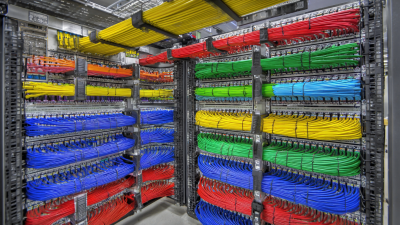
Understanding AC Trunking: A Comprehensive Guide to Efficient Cable Management Solutions
-
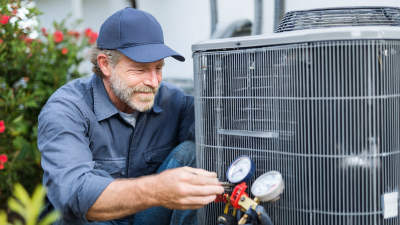
How to Choose the Right Residential Air Conditioning Installation for Your Home Comfort Needs
-
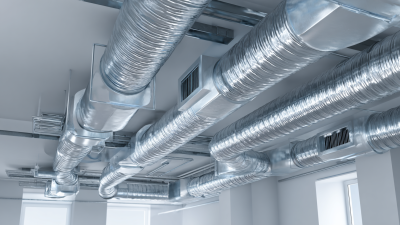
Understanding the Importance of Proper Air Conditioning Duct Installation for Energy Efficiency
-
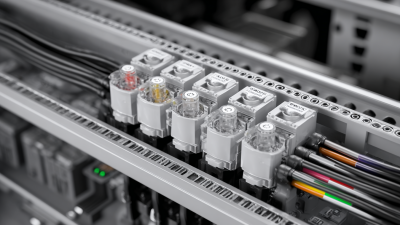
Exploring the Advantages of AC Trunking for Modern Electrical Systems
-
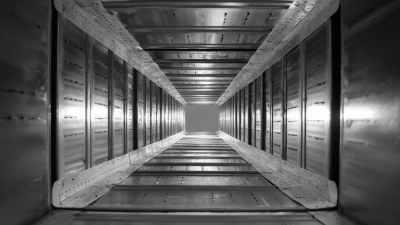
The Ultimate Guide to Understanding Air Conditioning Trunking: Benefits and Installation Tips